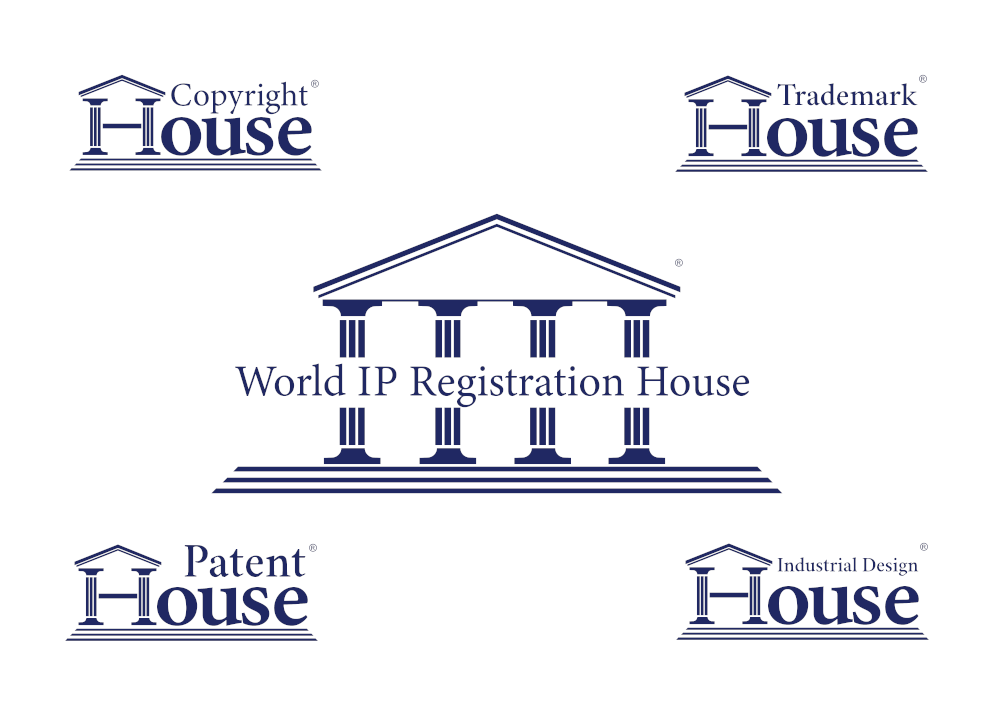Guidelines to Copyright a Song
Here are some simple guidelines to follow in order to successfully register copyright of a song:
What is a song?
A song is a single musical composition that has a melody and, often, words that are sung by a vocalist.
Therefore a song consists of two elements:
- Lyrics and a
- Melody.
It is important to register both elements in your copyright registration.
To register copyright of a song, the music and lyrics have to be your own original compositions.
How should I copyright my song?
- Register copyright of your song in an audio format - register the lyrics to your song in writing. This is very important. If there is only an audio format of your lyrics, the words may not be clear enough for a legal adjudicator to understand if there is a dispute of copyright ownership and legal proceedings ensue.
- Register copyright of the musical notation of your song if available – if you have a written form of your melody it is important to include it in your copyright registration.
- Register copyright of any audio or audio-visual formats of your song – register copyright of sound recordings and videos. This will register copyright of the melody element of the song, especially if you have no written musical notation as described in the point above.
- Should I register copyright of my song before or after I record it or put it online? Once you have written a song, register its copyright straight away. By registering copyright of your song before any form of publication (including performing live before an audience) you will have the best chance of proving copyright ownership should an infringement occur.
- What does copyright ownership of a song mean?
When you have created a song, you have automatically become the copyright owner of that song. As a music copyright owner you have the rights to:
1. Copy the music
2. Distribute it
3. Perform your music in public
4. Lend or rent it to the public
5. Have your name on copies of the music
6. Change/edit it
7. Broadcast your music
- If I am automatically the copyright owner of the song I write, why should I register copyright of my song with a copyright registration service?
A copyright registration service acts as an independent, third-party. Registering copyright of your song with Copyright House not only gives your the security of knowing that your copyright ownership is registered with an independent third-party, but we store a copy of the original work with a notary body and offer ongoing customer support including free DMCA notices when needed and the arrangement of affidavits if the dispute goes to court.
The two main forms of song copyright are:
- Copyright on the song itself. These are author's rights, publisher's rights or mechanical rights.
- Copyright on a recording. These are called phonographic rights, or neighbouring rights.
Copyright Statement
Once you have composed your songs and put them on a CD, or website, it is advised to mention that the song copyright belongs to you. The copyright statement which you need for your publication would usually have the copyright symbol ©, then the year in which the song has been published and the statement all rights reserved. It could look like:
- © artist name, year, all rights reserved
- ℗ artist name, year, all rights reserved (the p in a circle denotes phonographic rights)
There are slightly different forms of copyright statements for different situations, but the statement should be clear about who the copyright owner is.
Agreements between band members
If you are a member of a band and your songs or music are written collaboratively, there will exist a joint ownership of copyright. You may wish to make a written agreement stating who owns which part of the songs or music. This statement should include what happens to the music copyright if one of the members leaves or if the band breaks up. The agreement should ideally be signed in the presence of a legal professional, such as a solicitor.
Proof of Copyright
Apart from registering your copyright with Copyright House, you should always keep copies of demos and proofs of posting of your songs to record companies and music publishers.
It is also important to be able to show the natural development of your musical work.
For this reason, we encourage songwriters to register copyright of all updates and changes of a song if it evolves. Copyright House offers copyright registration packages with unlimited registrations to support that process.
The original registered work is not replaced by the updated version, but both versions of the work are registered separately. This all adds to your proof of ownership of the song.
Registering your song with Copyright House
It is important to know that the cda tracks on your CD don't contain your music. To register your song with Copyright House it is best to have it on your computer in formats such as .mp3 or .wav. MP3 files are much smaller in size than .wav files. For this reason it would be best to convert the .wav files to .mp3 before uploading your song in your secure copyright account area.
The information on this page is not a complete guide but should be regarded as a basic overview to enhance your understanding of copyright. This is not legal advice and should not be considered as such. Some information may not be applicable in certain situations.

